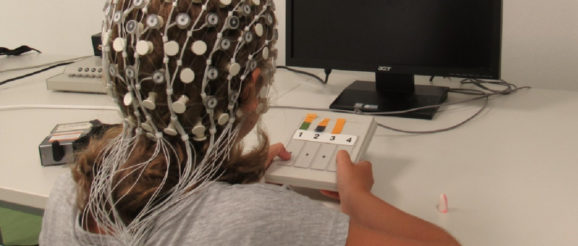Nature Human Behaviour: How should we train our body to sharpen our mind?

It is well-known that the benefits of physical activity go beyond improvements in physical fitness. Within the last decade possible effects of physical activity for children’s cognitive performance and development have received growing attention. This research field should also concern our PE teachers, given that motor and cognitive development are intertwined and that cognitive functions partly determine classroom-behaviour and academic achievement. However, we should not simply assume that every kind of physical activity acts as a cognitive enhancer.
In our recent article published in Nature Human Behaviour we performed a meta-analysis on 80 studies to find out, how cognitive benefits of long-term exercise can be optimized. A first important finding was that there is no evidence that children, adults and older adults need different physical activity programs. They all seemed to benefit most from exercise types with high coordination demands. The frequent engagement in complex movements was even more important than the overall dose. This tells us that even short exercise sessions may produce cognitive gains, when we can motivate children to engage in coordination exercise types. We further found that boys can expect greater cognitive benefits from long-term exercise than girls. However, we can optimize these benefits when we pay attention to sex-specific needs. Girls can expect greater cognitive enhancements from physical activities performed at low-to-moderate intensity, whereas even higher intensities appear to pay off for boys. The need to avoid too high exercise intensities in girls is also reflected by the fact that its early or steep increase over the long-term may cancel their cognitive improvements.
Although our article informs researchers and PE teachers on how cognitive benefits of physical activity can be optimized, we should not use this information to shape the content and meaning of PE lessons. Rather, we should use this information to promote physical activity as a way to help children develop their full academic potential, e.g. by including active breaks or a physically-active classroom setting.
Ludyga, S., Gerber, M., Looser, V.N., Pühse, U., & Kamijo, K. (2020). Systematic review and meta-analysis investigating moderators of long-term effects of exercise on cognition in healthy individuals. Nature Human Behaviour. DOI :10.1038/s41562-020-0851-8.
